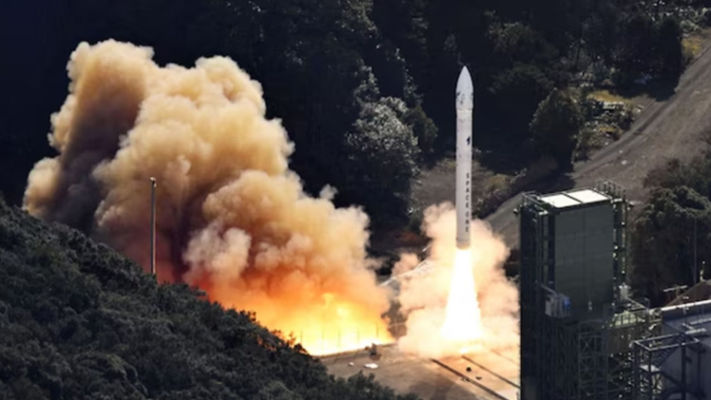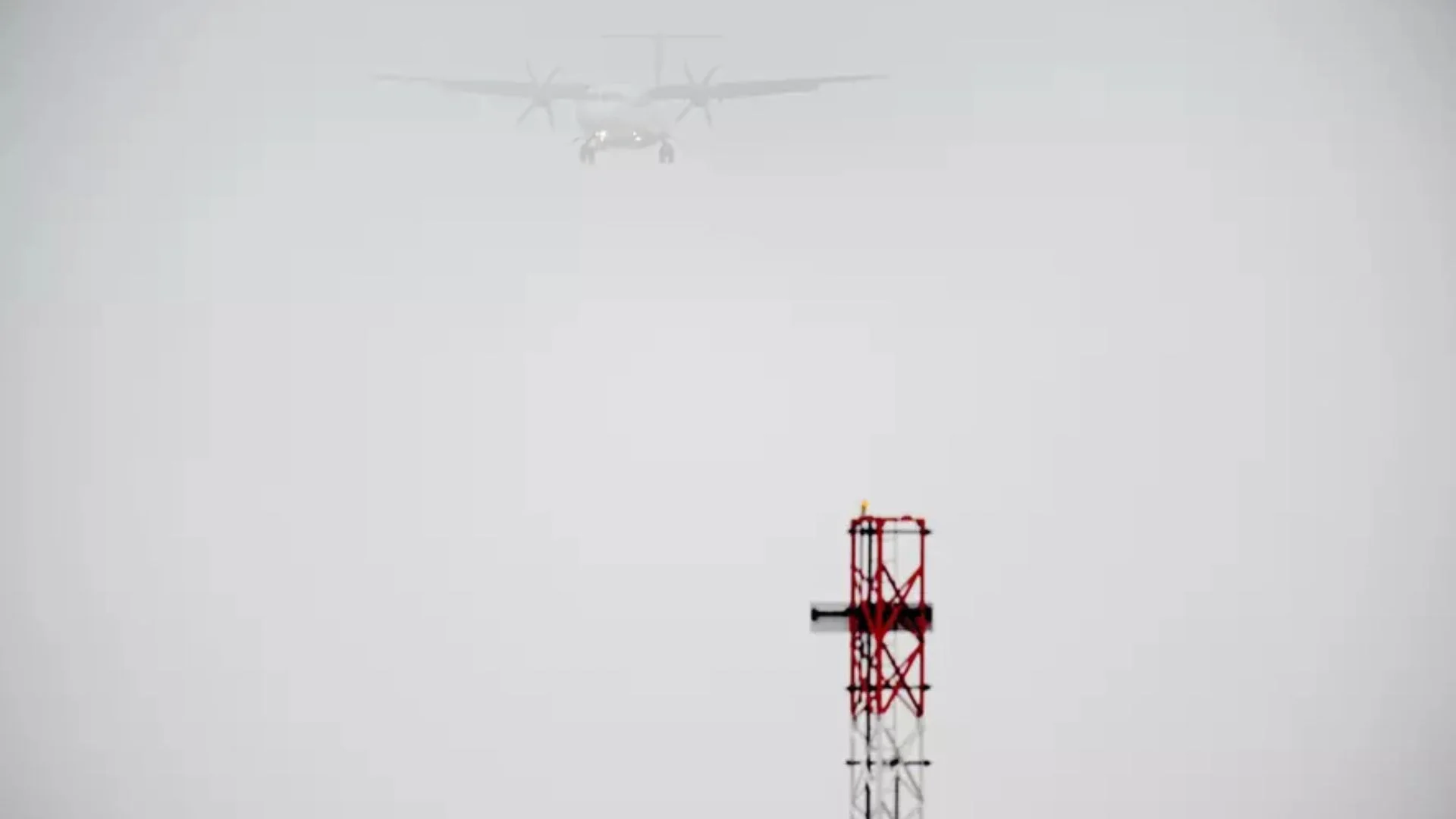Rocket and Satellite Details
Disappointment Among Spectators
Spectators gathered near the Spaceport Kii launch pad in Japan’s Wakayama region were visibly disappointed by the failure. “I’m so shocked,” one woman told television cameras after hearing the news. “I had been hoping it would go into orbit.” The rocket had soared high into the sky before the failure occurred.
No Explosion This Time
Unlike in March, when a dramatic mid-air explosion occurred due to technical issues, this launch did not end in a fiery explosion. Instead, the rocket was seen spiraling down after it was determined that achieving its mission would be impossible.
Space One’s Statement
In a statement, Space One explained, “Kairos was launched… but the rocket terminated its flight after judging that the achievement of its mission would be difficult.” The company added that the details of the failure are still under investigation. Space One plans to hold a press conference later to provide more information about the setback.
The Company’s Background
Founded in 2018, Space One is backed by businesses including Canon Electronics, IHI Aerospace, Shimizu Construction, and the Development Bank of Japan. The company aims to establish a satellite-launching service to meet the growing global demand for space exploration.
Private Companies and Space Exploration
Private companies, like Space One, argue that they can offer cheaper and more frequent space launches compared to government agencies. Space One aspires to follow in the footsteps of Elon Musk’s SpaceX, which holds contracts with NASA and the Pentagon.
Japan’s Space Ambitions
Space One is not the only player in Japan’s space race. The Japan Aerospace Exploration Agency (JAXA) is also working to strengthen its position in the satellite launch sector. JAXA faced several failed attempts with its H3 launch system before it finally succeeded in February. Additionally, Japan achieved a milestone this year by landing an unmanned probe on the Moon, becoming the fifth country to make a soft landing on the lunar surface.
However, JAXA’s plans have faced setbacks as well. The agency recently delayed the launch of its compact, solid-fuel Epsilon S rocket after a test resulted in a large fire.
While Space One’s second attempt to launch a satellite ended in disappointment, the company’s ambitions remain high. Japan’s space efforts continue to face challenges, but with both private companies and government agencies pushing forward, the country remains committed to advancing its space capabilities.























